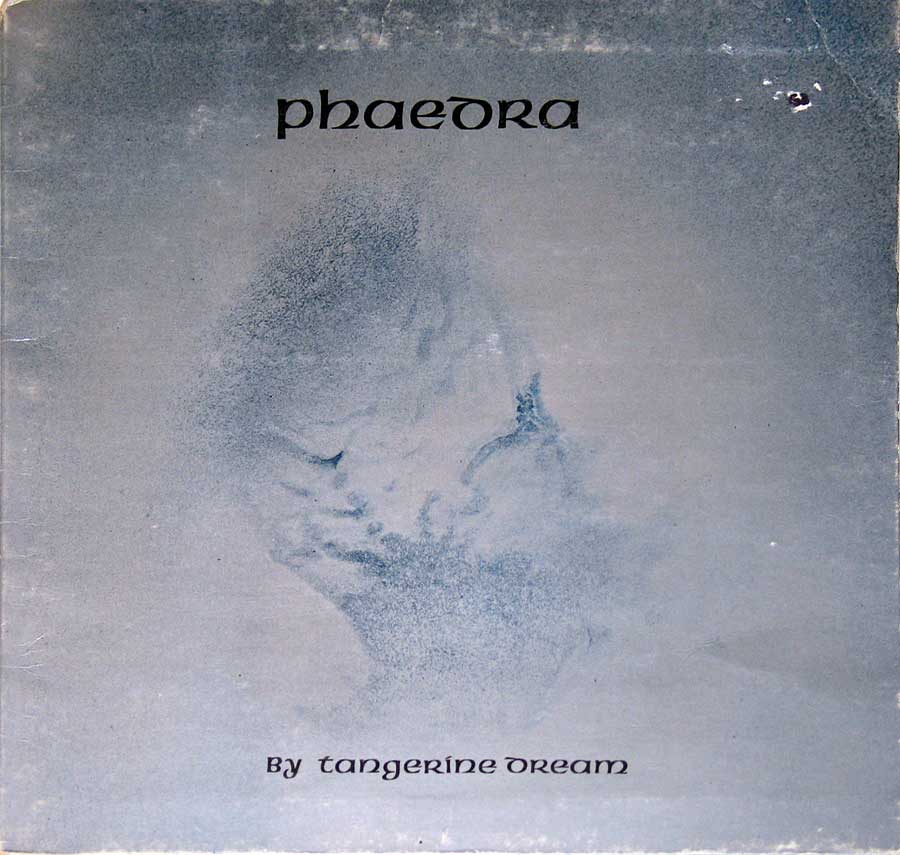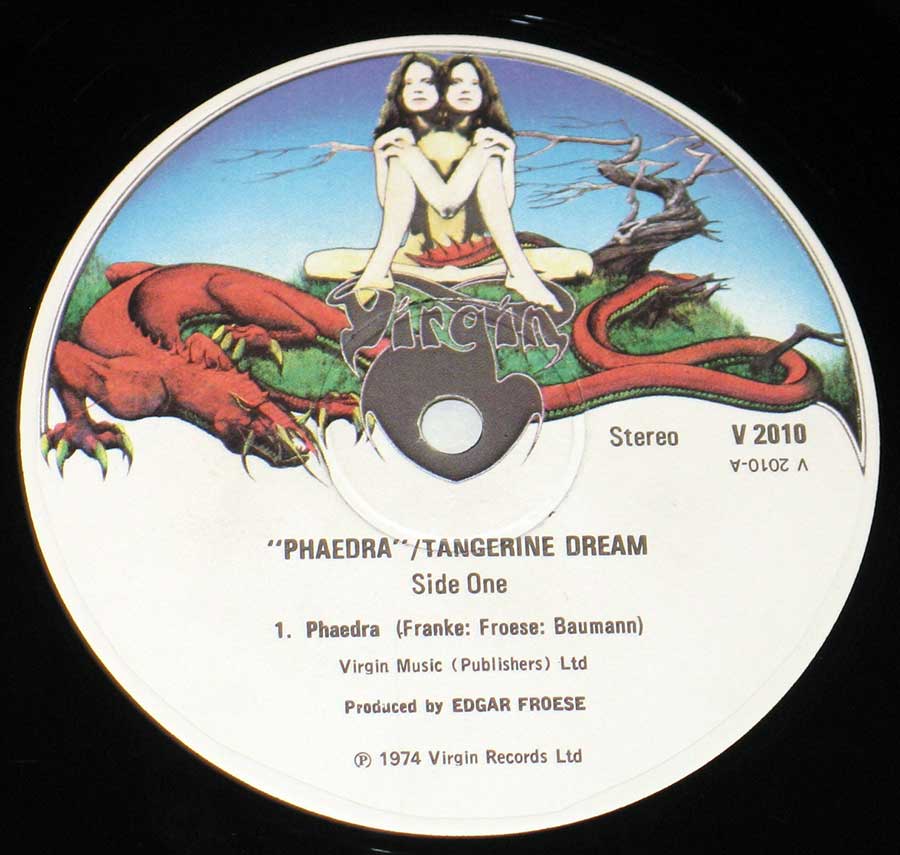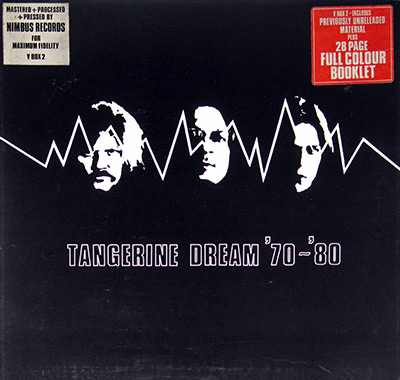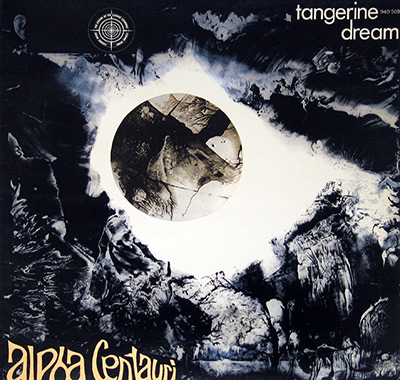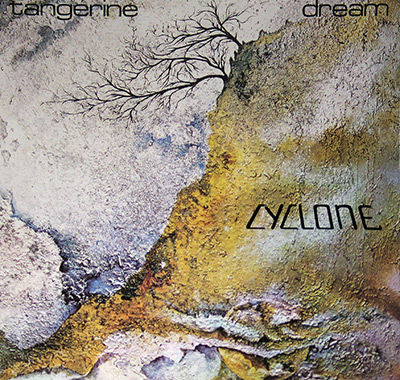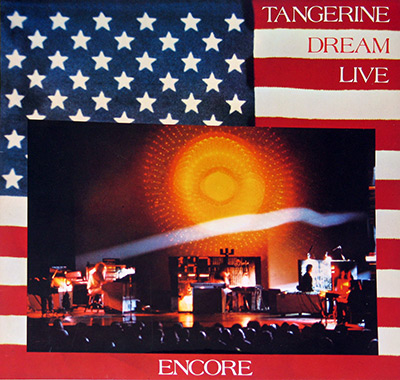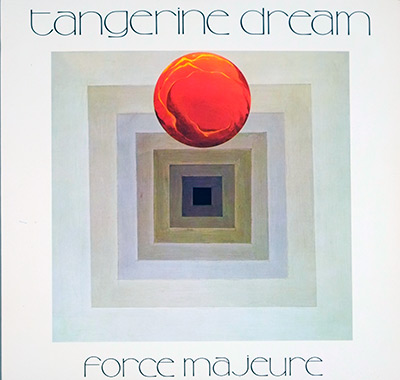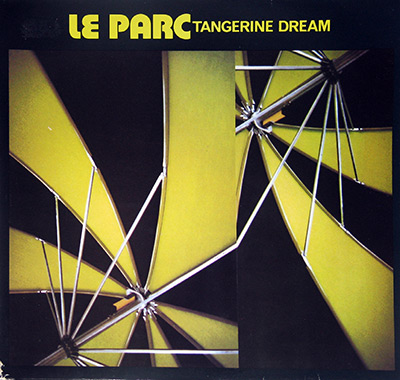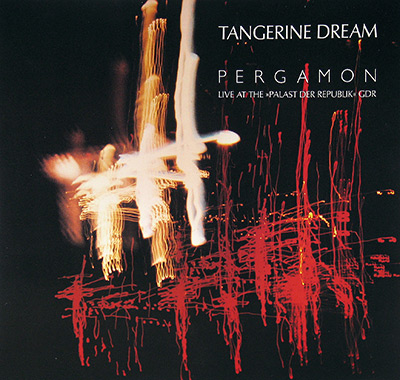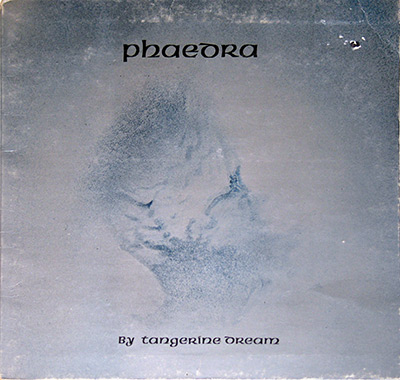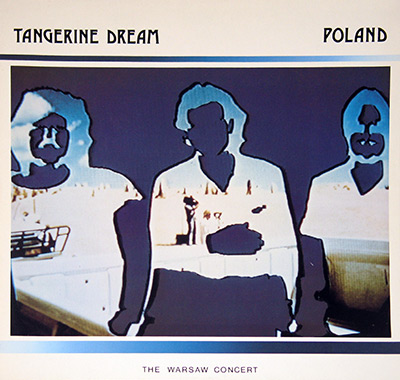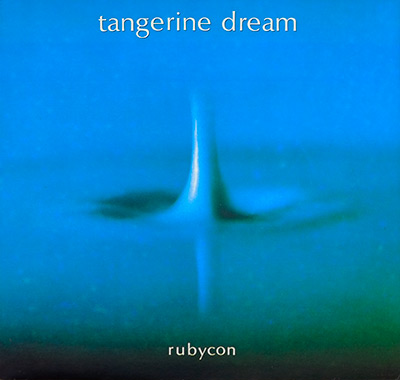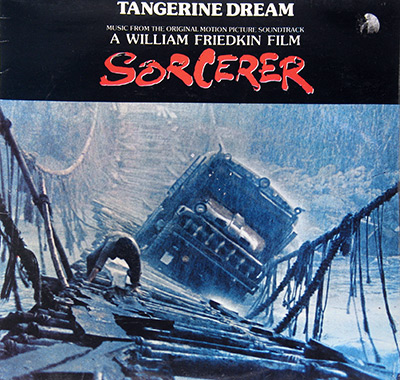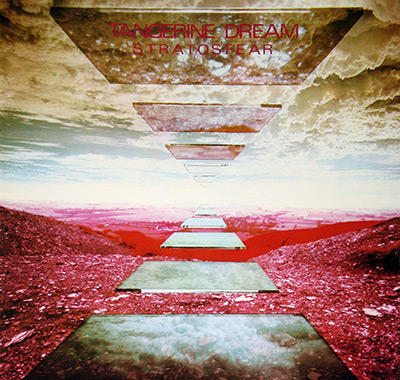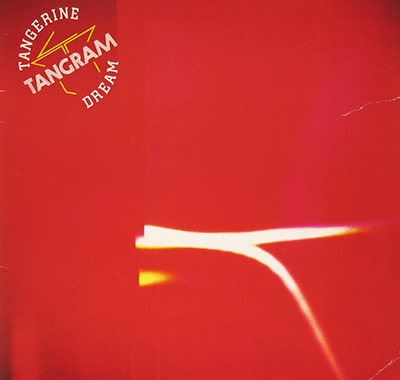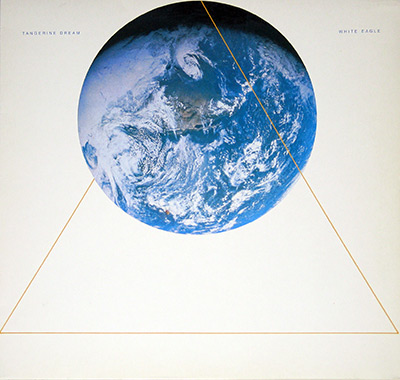|
Album Description:
Tangerine Dream's 1974 album "Phaedra" is often considered a seminal work in the Krautrock genre, as well as an important influence on the development of electronic and ambient music.
The mid-1970s were a time of significant political, social, and cultural change in Europe. The Cold War was still ongoing, and tensions between East and West Germany were high. In addition, the post-war generation of Germans were exploring new ways of expressing themselves artistically and musically, rejecting the traditional values and cultural norms of their parents' generation.
It was against this backdrop that Tangerine Dream released "Phaedra" in 1974. The album was a departure from the band's earlier, more traditional rock-oriented sound, and showcased a new approach to music-making that emphasized experimentation, improvisation, and the use of electronic instruments.
"Phaedra" was created using a variety of electronic instruments, including synthesizers, sequencers, and tape machines. The band members, Edgar Froese, Christopher Franke, and Peter Baumann, used these instruments to create a layered, atmospheric sound that was unlike anything else being produced at the time.
One of the key innovations of "Phaedra" was the use of sequencers, which allowed the band to create repeating patterns of sound that could be manipulated and modified in real-time. This technique gave the music a hypnotic, trance-like quality that became a hallmark of the band's sound.
In addition, the album featured extensive use of reverb and delay effects, which created a spacious, otherworldly atmosphere that was well-suited to the album's themes of transcendence and introspection.
The music on "Phaedra" was influenced by a variety of sources, including science fiction, mythology, and spiritualism. The album's title is a reference to the ancient Greek myth of Phaedra, a tale of love and betrayal that has been the subject of numerous literary and artistic works.
The music on "Phaedra" reflects these themes of myth and spirituality, with its expansive, cosmic soundscapes and its emphasis on transcendence and introspection (aka Stoner Rock :-).
|
